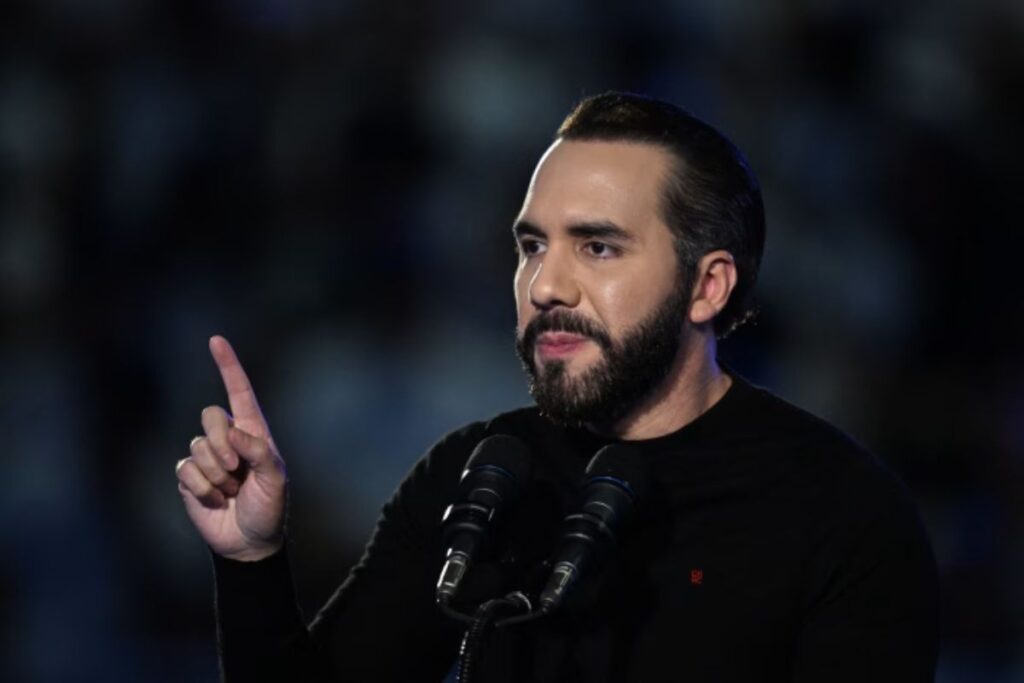[Source-The-Wall-Street-Journal]
In a controversial and strategic move, El Salvador has proposed a potential diplomatic exchange involving Venezuelan nationals. The country has suggested swapping Venezuelans who have been deported from the United States with political prisoners currently held in Venezuela. This bold proposal has garnered significant attention, sparking debates about human rights, international diplomacy, and the ongoing political crisis in Venezuela.
A Diplomatic Proposal from President Bukele
The suggestion, made public by El Salvador’s president, Nayib Bukele, comes as the region grapples with complex migration challenges and strained diplomatic relations. El Salvador has historically been a strong supporter of Venezuela’s government under President Nicolás Maduro, and this proposal seems to strengthen that alignment.
Under the proposed arrangement, Venezuelans who have been deported from the U.S. would be sent back to Venezuela in exchange for the release of political prisoners who have long been a subject of international outcry. These prisoners are often seen as dissidents or opposition figures to the Maduro regime, many of whom have been incarcerated under harsh conditions for their resistance to the government.
Diplomatic Implications in Latin America
This proposition highlights the increasingly intricate and volatile nature of international diplomacy in Latin America, where migration, human rights, and political alignment intersect. Bukele’s government has faced scrutiny for its tough stance on migrants, but the proposal of an exchange between deportees and prisoners introduces a new dimension to the discourse surrounding Venezuela’s political crisis.
The exchange proposal also raises significant questions regarding the human rights implications for both the deported Venezuelans and the political prisoners. Advocates for migrants and human rights organizations have expressed concern over the potential risks faced by those deported back to Venezuela. These individuals, many of whom fled the political and economic turmoil in their home country, could face persecution or imprisonment upon their return.
On the other hand, releasing political prisoners in exchange for deportees would be seen by some as an opportunity for international pressure to force the Maduro government to ease its authoritarian grip, albeit in a highly controversial manner. Such a move could have broader implications for how the world perceives the Venezuelan regime and its treatment of dissenters.
El Salvador’s Strategic Positioning
Despite the controversy surrounding this proposal, it is clear that El Salvador is attempting to position itself as a key player in the ongoing geopolitical dynamics of Latin America. By offering a solution that addresses both migration and human rights issues, El Salvador is sending a message that it is willing to explore unconventional means of influencing the political landscape of the region.
While the feasibility and potential ramifications of the proposal remain unclear, the world will undoubtedly be watching closely as El Salvador navigates this delicate diplomatic territory. Whether this bold exchange will come to fruition or remain a rhetorical gesture is yet to be seen, but one thing is certain: it is sparking an important conversation about the intersection of migration, politics, and international relations in Latin America.
Get more such blog on The Enterprise Globe


